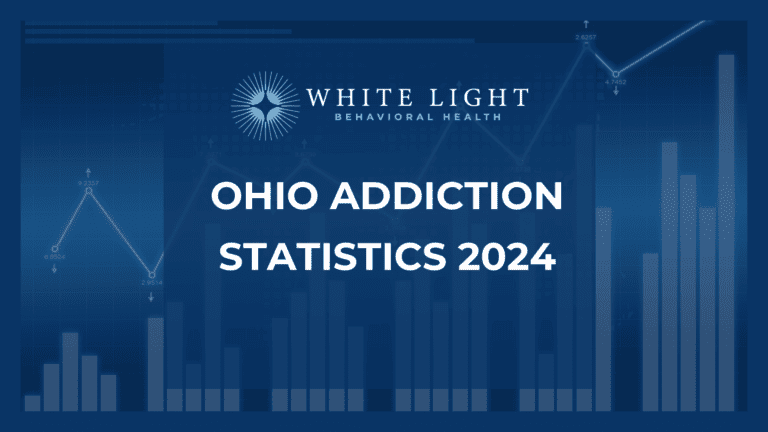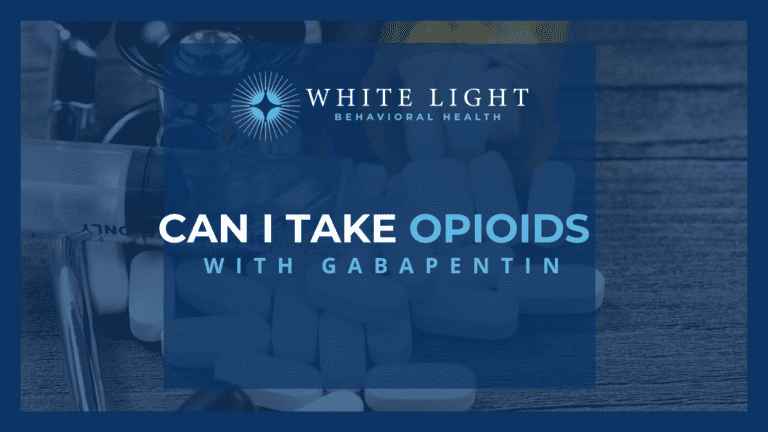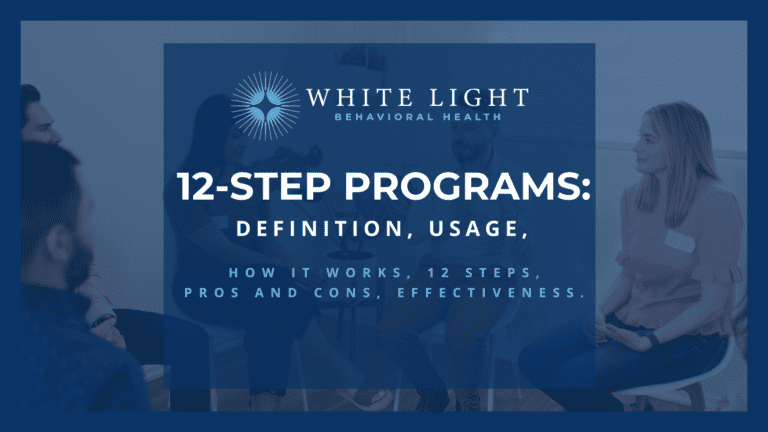At White Light Behavioral Health, we understand that recovery is a journey filled with its own set of challenges and triumphs. Our Relapse Prevention Program is meticulously designed to empower individuals with the knowledge, skills, and support necessary to navigate the path of recovery confidently. Recognizing that maintaining sobriety is an ongoing process, this program focuses on identifying potential triggers, developing effective coping strategies, and fostering a supportive community network. Situated in Columbus, Ohio, White Light is committed to providing a comprehensive approach to relapse prevention, ensuring each individual has a solid foundation for long-term recovery and a fulfilling life ahead.


What Is A Relapse Prevention Program
At White Light Behavioral Health, our Relapse Prevention Program is built on the latest evidence-based practices and tailored to the individual needs of each client. It encompasses a comprehensive approach that includes education on the nature of addiction and relapse, development of personalized coping strategies, and ongoing support through therapy sessions, support groups, and community resources. The goal is to empower individuals with the confidence and capability to sustain their recovery journey, even in the face of challenges.
- Have completed a detox, residential, partial hospitalization, or outpatient treatment program and are seeking additional support to maintain their sobriety.
- Are in recovery and wish to strengthen their coping mechanisms against potential triggers and stressors in their environment.
- Recognize the importance of ongoing support and education in their journey towards long-term recovery.
Who Needs A Relapse Prevention Program?
- Awareness of personal triggers: Individuals who understand that specific situations, emotions, or people may increase their risk of relapse and are seeking strategies to manage these triggers effectively.
- Desire for continued growth: Those who are committed to their recovery and are looking for ways to continue their personal development and strengthen their resilience.
- Previous experiences with relapse: Individuals who have relapsed in the past and are determined to learn from those experiences to prevent future occurrences.
- Need for a supportive community: Those who benefit from the accountability, encouragement, and shared experiences found within a recovery community.
- Transitioning to a less structured support environment: Individuals moving from intensive treatment settings who still require structured support to navigate the challenges of daily life in recovery.
Our Approach To Relapse Prevention In Columbus, Ohio
- Personalized Coping Strategies: We focus on developing personalized coping strategies that address each individual’s triggers and high-risk situations. Through one-on-one counseling and group therapy sessions, clients learn to identify their triggers and implement effective coping mechanisms.
- Evidence-Based Therapies: Our program incorporates a variety of evidence-based therapies, including Cognitive Behavioral Therapy (CBT), Dialectical Behavior Therapy (DBT), and Mindfulness-Based Relapse Prevention (MBRP). These therapies are selected for their proven effectiveness in helping individuals understand and change their thought patterns and behaviors related to substance use.
- Education and Skill Building: Education plays a crucial role in our approach, providing clients with the knowledge they need to understand the nature of addiction and the process of relapse. Skill-building workshops focus on stress management, emotional regulation, and healthy lifestyle practices, equipping clients with the tools necessary for sustained recovery.
- Support Groups and Community Connection: Recognizing the power of community in the recovery process, our program offers access to support groups and facilitates connections with the broader recovery community. These groups provide a platform for sharing experiences, offering mutual support, and reinforcing the commitment to sobriety.
- Ongoing Support and Monitoring: Our commitment to our clients extends beyond the completion of the program. We offer ongoing support and monitoring, including check-ins and access to resources, to ensure that individuals continue to feel supported in their recovery journey.

Integration of Mental Health Support
Take the Next Step with White Light Behavioral Health
Ready to set out on a journey to lasting sobriety? At White Light Behavioral Health, we understand that recovery is a deeply personal experience, and we’re here to guide you every step of the way. Our comprehensive drug rehab in Columbus, Ohio, and tailored aftercare planning are designed to support your long-term wellness, our team is dedicated to providing the care and support you need to reclaim your life.
Don’t let addiction define your future. Reach out to us today to learn more about our programs, and let’s start building your path to recovery together. With White Light Behavioral Health, a brighter future is within reach.

Frequently Asked Questions About Relapse Prevention In Ohio
Who can benefit from the Relapse Prevention Program?
The program is suited for anyone who has completed initial treatment for substance abuse and is seeking additional support to maintain their recovery. It’s particularly beneficial for those who have experienced relapse in the past or feel at risk of relapsing.
How long does the program last?
The duration of the Relapse Prevention Program varies depending on individual needs and progress. It’s designed to be flexible, with the ability to extend support as needed to ensure participants feel confident in their recovery journey.
Can family members participate in the program?
Yes, family involvement is encouraged as part of the program. Family education sessions and therapy options are available to help rebuild relationships and create a supportive home environment conducive to recovery.
What makes this program different from other aftercare options?
Our Relapse Prevention Program stands out due to its comprehensive approach, integrating evidence-based practices, personalized care, and a strong focus on building a supportive recovery community. Its emphasis on mental health support and continuous adjustment of treatment plans ensures that participants receive the most relevant and effective support possible.
How does CBT contribute to preventing relapse?
CBT plays a pivotal role in relapse prevention by loosening rigid negative thoughts about oneself and one’s circumstances. It encourages individuals to question why they maintain certain behaviors or stay in stressful situations, potentially leading to significant life changes, such as pursuing new career paths or education, after rehab. This process of self-reflection and adjustment is critical to breaking the cycle of addiction.
What should I do if I experience a lapse in my recovery journey?
Understanding that addictive substances significantly impact our brain’s functioning, it’s common to find temporary relief in habits we know are harmful, like smoking or occasional drinking. However, cravings are a profound source of distress, and any perceived relief from giving in to them is fleeting and potentially dangerous. If you find yourself lapsing, it’s crucial to reach out immediately to a trusted friend, your sponsor, or a counselor for support. Remember, there’s no shame in experiencing a lapse or relapse. In fact, it can serve as a valuable opportunity to deepen your commitment to recovery by re-engaging with supportive practices, including attending meetings and continuing therapy.



